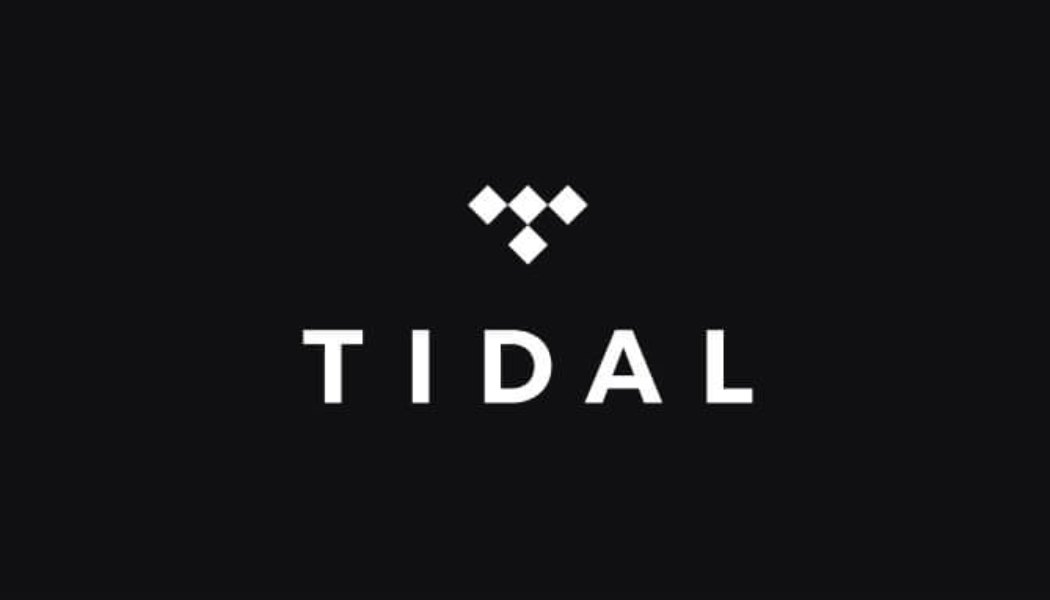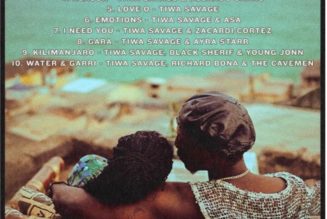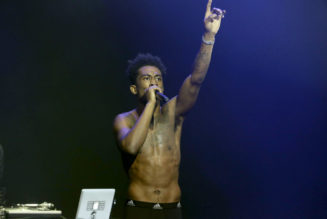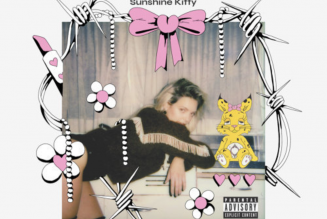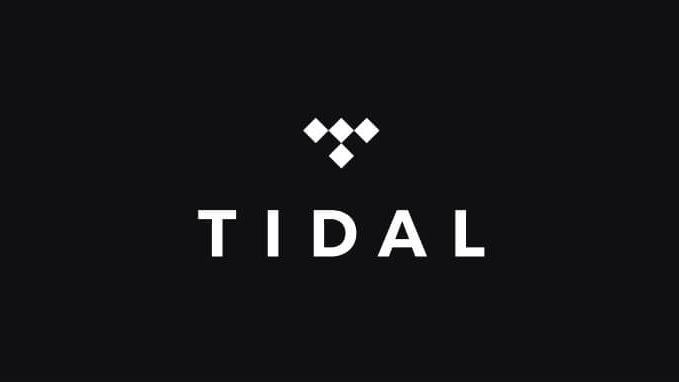
Tidal, the high-fidelity music streaming service majority owned by Jack Dorsey-led digital payments company Block, has laid off more than 10% its staff, representing about 40 staffers who have been let go.
The cuts at Tidal are part of Block’s stated goal of capping its total employee base at 12,000. As of Dec. 31, 2022, Block, which was previously named Square, had 12,428 full-time employees worldwide.
“We can confirm, as part of Block and its recent announcement to cap the number of employees at the company to focus on business growth, Tidal has carefully considered how to right-size our team to ensure we are able to continue to build and invest in critical areas of the business,” Sade Ayodele, head of global communications for Tidal, said in a statement. “We do not take these decisions lightly, and we are sincerely grateful for the contributions of our impacted teammates.”
The Tidal layoffs were first reported by Bloomberg. Citing anonymous sources, the publication reported that the cuts include “a portion of the curation team that builds playlists.”
Tidal was formed in 2015, after Jay-Z led a consortium of artists in a $56 million deal to acquire Norwegian streaming company Aspiro. Other Tidal artist-owners included Beyoncé, Alicia Keys, Coldplay’s Chris Martin, Kanye West, Madonna, Nicki Minaj and Rihanna.
In 2021, Dorsey’s Block (then called Square) acquired a majority stake in Tidal. Block owns 87.5% of the equity in Tidal. On its investor-relations site, Block says, “Tidal is a global platform for musicians and their fans that uses unique content, experiences and services to bring fans closer to the artists they love and give artists the tools to succeed as entrepreneurs.”
Dorsey, who is chairman and chief executive of Block, was also previously CEO of Twitter — before stepping down about a year before Elon Musk’s takeover. At the time Dorsey’s company bought control of Tidal, he said the deal “comes down to one simple idea: finding new ways for artists to support their work.”
“New ideas are found at intersections, and we believe there’s a compelling one between music and the economy,” Dorsey said in a statement. “I knew Tidal was something special as soon as I experienced it, and it will continue to be the best home for music, musicians and culture.”
